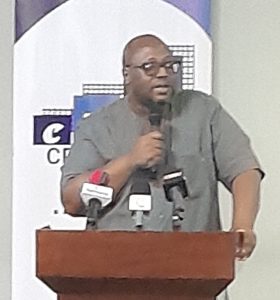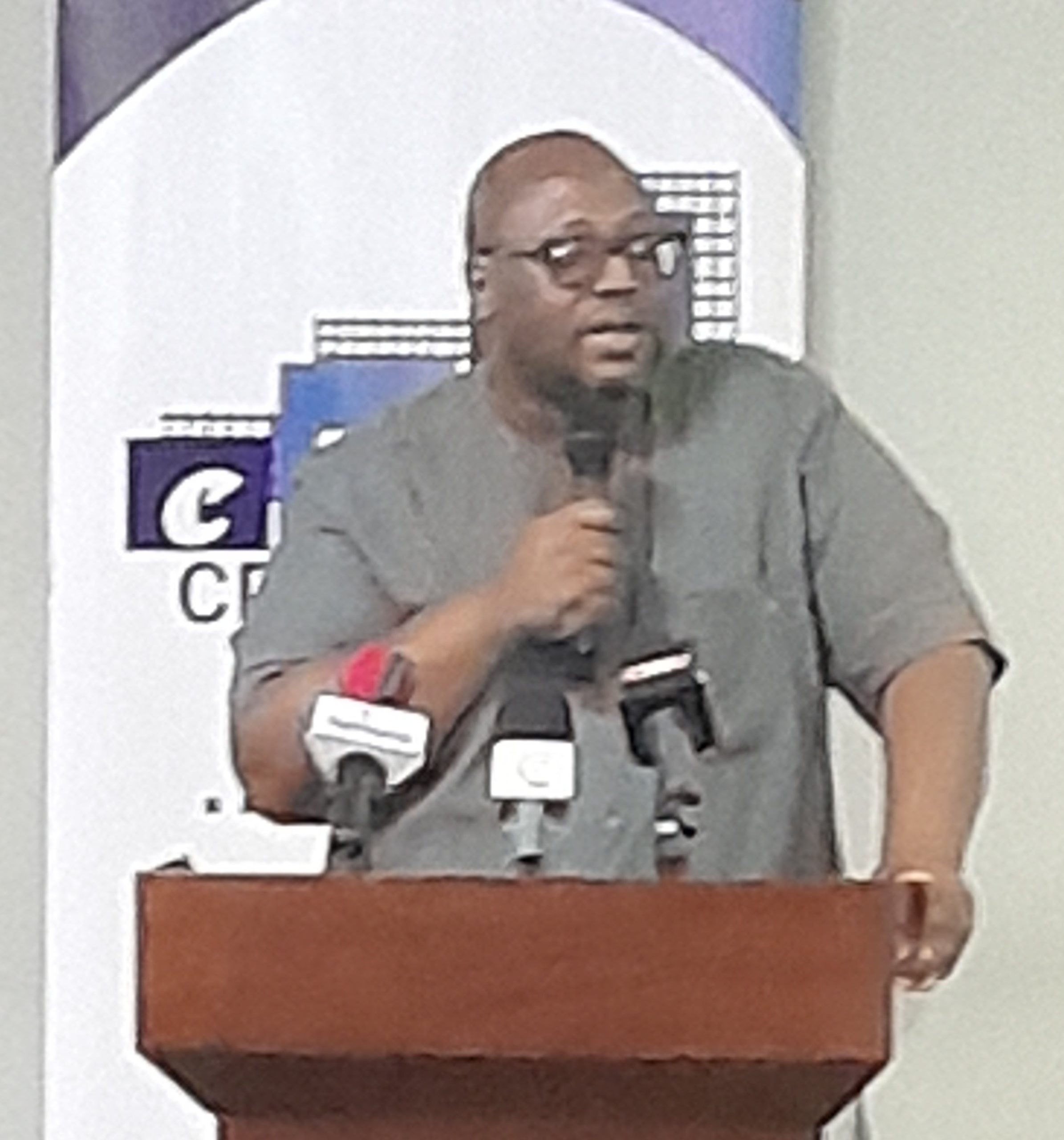
Accra, Ghana//-More attention and resources have been channelled into Ghana’s Free Senior High School (FSHS) Programme since 2017, while basic education in the country is struggling to catch the attention of the government.
Basic education also suffers from poor infrastructure and a lack of learning materials, and low budgetary support.
Weak foundation at the basic level leads to poor literacy the basic hinders success in higher education.
However, participants from various regions overwhelmingly agreed that basic education should receive greater priority and increased allocation of resources, according to the findings from Ghana-Center for Democratic Development’s (CDD-Ghana’s) Post-election Town Hall Forums.
The findings stem from a wide-ranging research project titled “Citizens’ Expectations of Government: Insight from Post-Election Town Hall Forums,” conducted by the CDD-Ghana and its local CSO partners..
The forums, which were conducted from February 2025 to March 2025 in partnership with local civil society organisations, covered over 10 regions of the country and were sponsored by the UK’s Foreign, Commonwealth and Development Office (FCDO).
The project included 14 town hall meetings in 12 regions across Ghana and gathered views from 1,331 participants. Among them were 434 youth aged 15 to 35, 443 adults aged 36 to 59, and 109 elderly individuals aged 60 and above. The study also included 132 people with disabilities, with an overall gender split of 763 males and 568 females.
In addition to constitutional reform, the research addressed key themes such as local government, corruption, illegal mining, education, youth development, and public sector efficiency.
Presenting the findings of the Citizens’ Expectations of the New Government at a Multistakeholder event held in Accra, Director of Policy Engagement and Partnerships at CDD-Ghana, Dr Kojo Asante, also raised concerns about the quality of implementation of the free SHS.
More funding is needed, and issues should be fixed before the expansion of the free SHS programme. The participants at the forums suggested that parents may need to share more of the costs, he said.
Other key findings
Touching on the other key findings of the report, Dr Asante said the report called for the election of Metropolitan, Municipal and District Chief Executives (MMDCEs) to coincide with general elections to reduce costs and boost turnout.
The report also suggested non-partisan elections and pilot projects to test feasibility before nationwide rollout.
The participants who took part in the forums called for proportional representation in district assemblies to ensure inclusivity for women, youth, and marginalised groups.
On executive dominance, the report encouraged the government, as a matter of urgency, to stop the practice of appointing Members of Parliament as ministers.
The report noted: “This would strengthen the separation of powers, improve parliamentary oversight, and enhance ministerial performance”.
Furthermore, respondents in the report called for either the abolition or drastic reform of the Council of State due to its limited influence on governance and a lack of transparency in its composition.
They went to the extent of questioning the relevance of the Council of State, describing its advisory role as ineffective and its influence on executive decisions as marginal.
The participants expressed concern that the Council openly functions as a rubber stamp rather than an independent check on presidential authority.
The respondents also raised issues with the selection process, accusing it of being opaque and overly influenced by partisan interests.
As a result, many participants proposed either abolishing the body altogether or restructuring it to give it more authority and ensure appointments are based on merit. “If the Council of State must be retained, then it should go beyond a purely advisory role and have more power to influence governance meaningfully,” Dr Asante backed the participants during his presentation.
On illegal mining, or ‘galamsey’, the participants across the regions condemned the practice and demanded a national ban or the declaration of a state of emergency in affected areas.
The report once again addressed Ghana’s fight against corruption and recommended a stronger focus on enforcement and asset recovery, as well as enhanced citizen reporting mechanisms in the country.
To further fight corruption in the country, the report called for amendments to presidential immunity provisions to allow for prosecution in corruption cases.
Dr Asante assured that the findings would be submitted to relevant state institutions, including the Constitutional Review Committee, as a contribution to ongoing governance reforms in the country.


